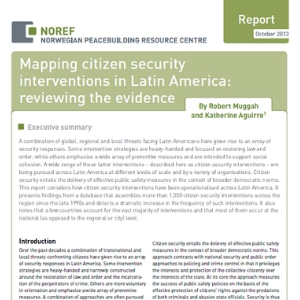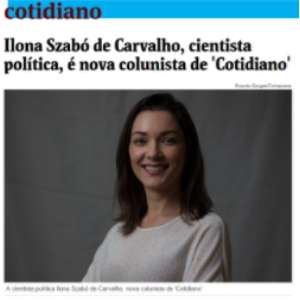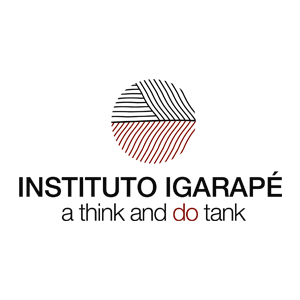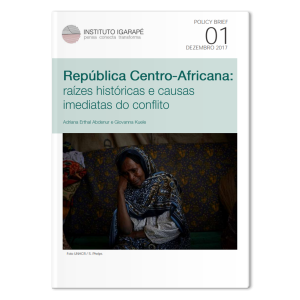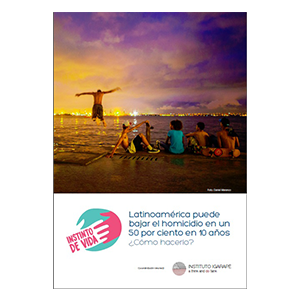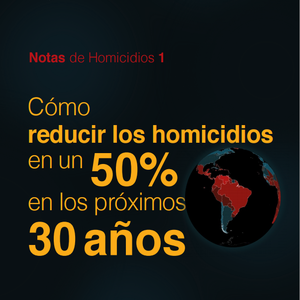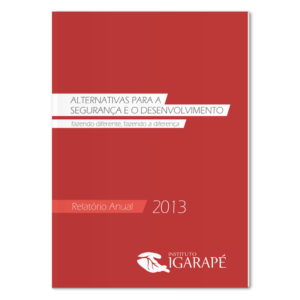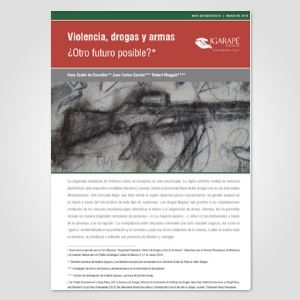
The Igarapé’s team continues shaping global debate
Igarapé Institute’s research director Robert Muggah had a busy month in January 2018. In addition to being the recipient of the 2017 Lewis Perinbam Award for International Development, he was nominated to advise the World Economic Forum’s 2018 Global Risks Report. What is more, starting


